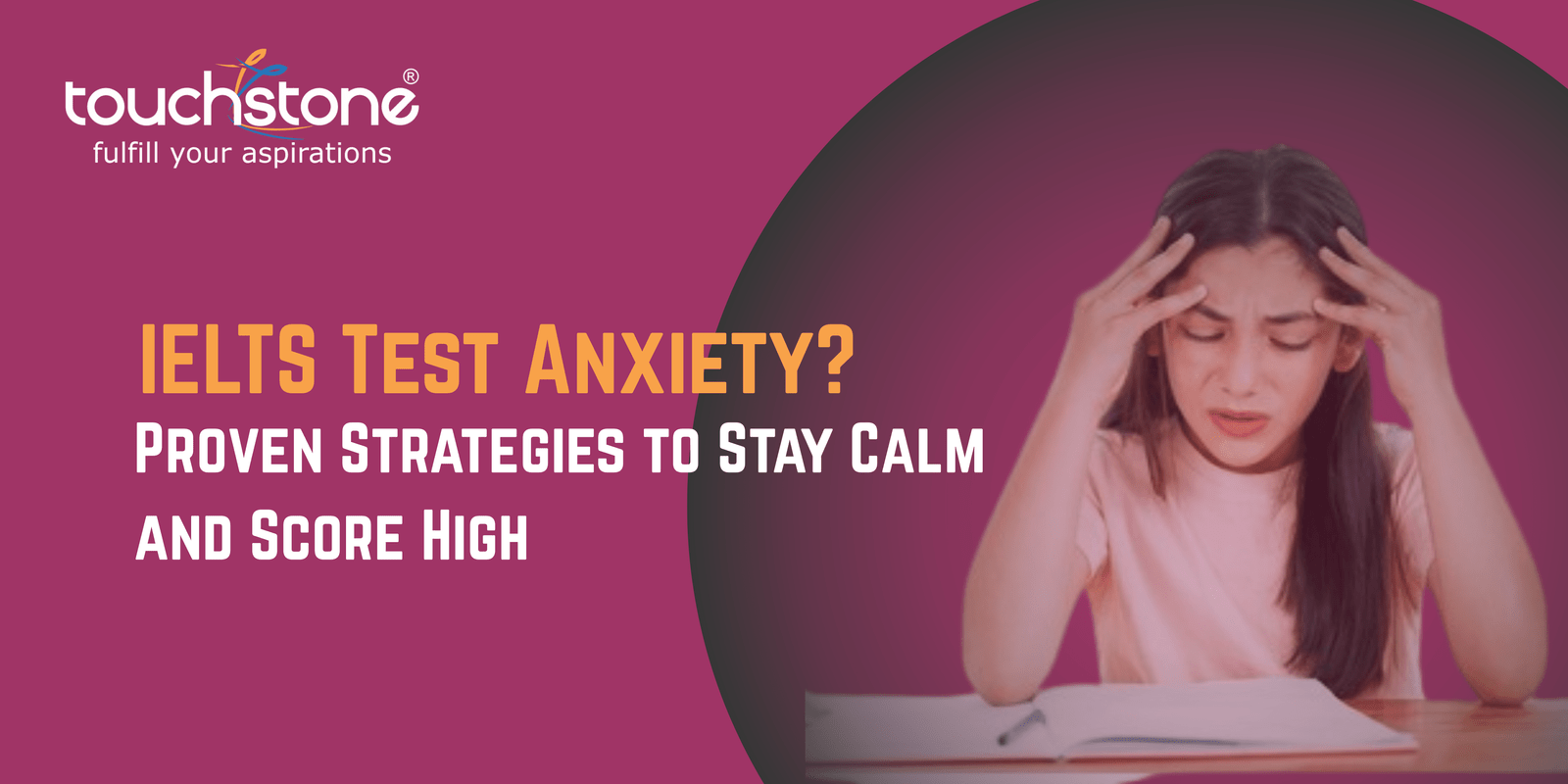Wanting to Move Away from the Nest
Many of us dream of pursuing our higher studies from a foreign university. This can be really beneficial; as a foreign degree helps you think differently, be creative and innovative and open to new ideas. This gives you an edge over the others not only when you apply for a new job but also within an organization, as you stand out. However, one must carefully assess this decision, and do a thorough research before taking this huge step.
Where Do I Go?
It is a good idea to first make up your mind on what kind of courses or stream will best suit your learning style and professional aspirations, because this will determine the subjects you choose in college. It is fruitful to take up subjects you are strong in, for example, thinking of taking up economics, if you can’t stand mathematics may not be very wise. One mustalso research various subject combinations that are available, as new combinations are being introduced year-round.
Once this is decided, the next step is to look up the best universities for your needs. This could include looking at parameters like Ranking of a university, Location, Cost, Internship Programs, post academic work visa prospects etc. Most widely accepted rankings come from The QS World University Rankings, and Academic Ranking of World Universities. Apart from this, there are many magazines, newspapers etc. such as the Times Higher Education etc. that provide good rankings of Universities worldwide.
What to Keep in Mind
Once you have shortlisted a couple of colleges, you should start working on the documentation process. You may have to obtain some letters of recommendation, your transcripts, and may have to write a Statement of Purpose as well. Before travelling, make sure you have an idea of the local language, some customs and traditions. It is also important to understand that your first aim should be to get to know the place and your peers. It may take you a month or two to settle in and during this time you maynotbe able to concentrate too much on your studies. This is normal and necessary. You must try and mingle with local as well as other foreign students, and things will fall in place with time.
The easiest and the most reliable way of getting all this information and ensuring that you follow the right procedure is a visit to the nearest Touchstone centre. Touchstone is the best IELTS training institute in India. We have tie ups with over 100 foreign universities and colleges. We are a member of the Association of Australian Education Representatives in India (A.A.E.R.I), Association of International Educators (N.A.F.S.A), and the Canadian Indian Education Council (C.I.E.C).








